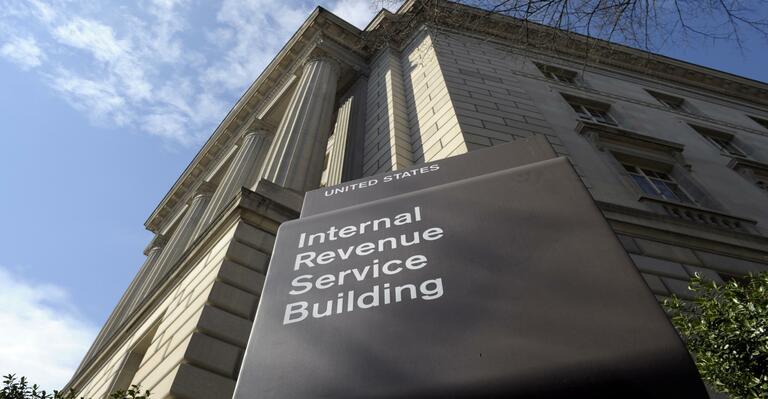This week, the Internal Revenue Service (IRS) of the United States took action to answer at least one point that cryptocurrency investors have been asking: how taxpayers should account for non-fungible tokens (NFTs).
Since the introduction of NFTs in 2021, the tax definition of these assets has been murky, with some industry experts speculating that they could be categorized as collectibles.
As a result, be subject to a higher capital gains tax rate than other assets such as stocks, bonds, or cryptocurrencies. Others have argued that they should not be taxed any differently than other assets.
In a draft, the United States Internal Revenue Service (IRS) modified its yearly income tax guidelines by removing the taxable category of virtual currency and replacing it with the phrase “digital assets,” which includes non-fungible tokens (NFTs) specifically.
Any digital representations of value that are recorded on a cryptographically secured distributed ledger or any technology that is functionally equivalent are referred to as digital assets, says IRS.
Non-fungible tokens (NFTs) and virtual currencies, such as cryptocurrencies and stablecoins, are two examples of the types of digital assets that may be held.

According to the information provided in the document, the Internal Revenue Service will classify a physical item as a digital asset for tax purposes if the physical asset also has the characteristics of a digital asset.
The Facts Of The IRS TAX FORM
In the midst of the epidemic, an inflow of celebrities who were looking for alternative ways to monetize their fan base caused the concept of NFTs to become a hot catchphrase.
Ever since, major firms like as sportswear and fashion labels like Nike and Gucci, as well as luxury automobile producers Lamborghini, Ferrari, and Bentley, have all made their debut into the realm of web3 using NFTs.
According to the recent paper, crypto investors will be required to determine their taxable income if they sell, swap, give away, or otherwise dispose of any digital asset they held as a capital asset in 2022.
It is possible that the crypto definitions will be revised before the final tax guidelines are posted.

